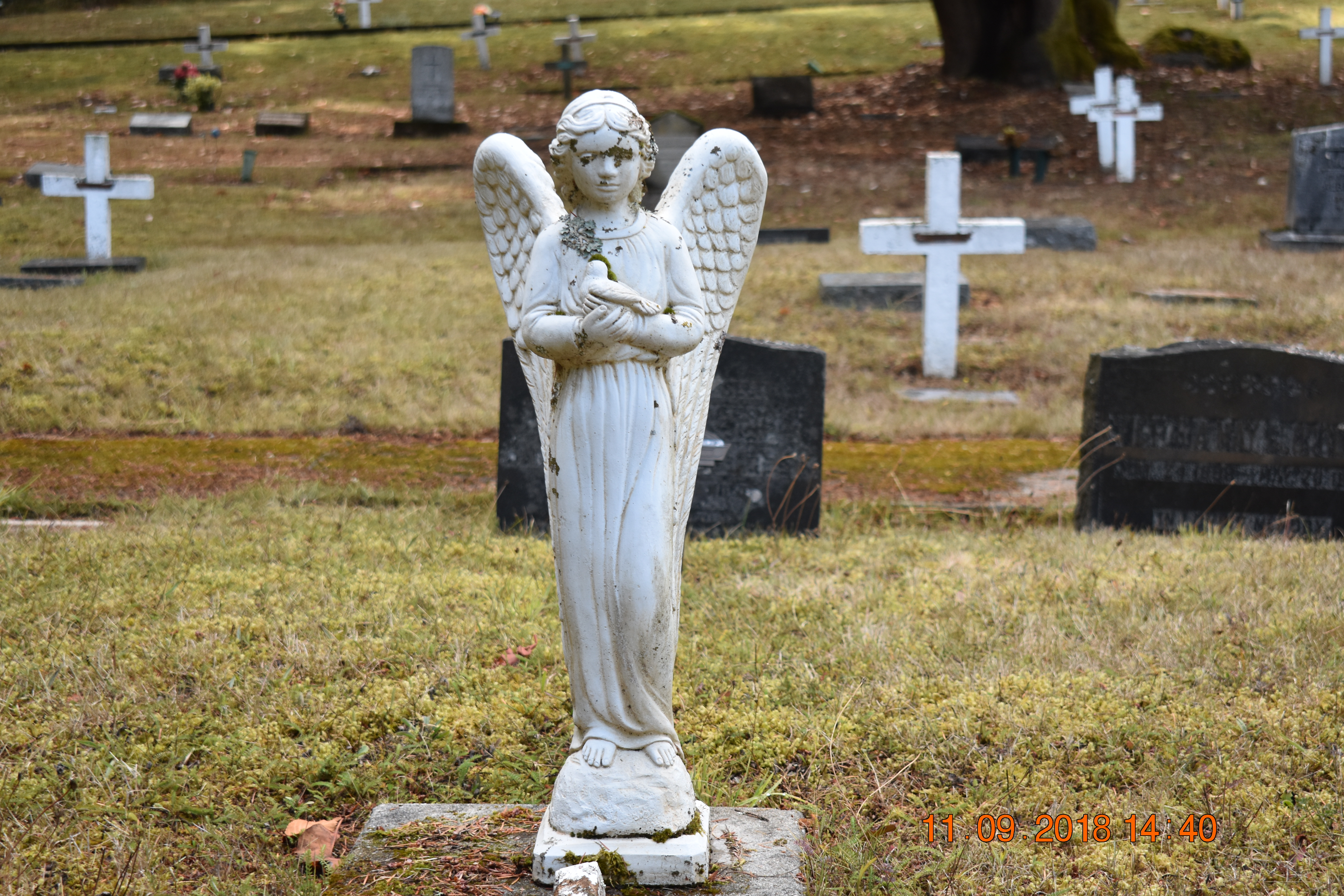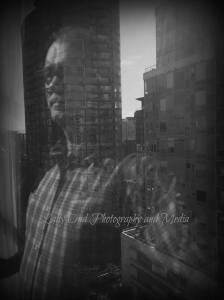Joshua Jordan is a young writer whom I admire and want to promote in this Scarred Joy post. You may ask why? Well, Joshua lives in a Scarred Joy way. This means he has suffered in his life yet chooses to move forward. He has experienced hell on earth at the mercy of human monsters. The wonderful thing about this is, he has lived to tell about his experience.
Joshua expresses his pain in two books he has written. His books, Shopping Cart Boy (2018), and Soul Rape Soul Rage (2019), offer sobering accounts of the horrifying abuse he experienced by other people.
Scarred Joy posts tend not to by shy about the reality of pain and suffering in life. I’m honoured now to present my readers with Joshua’s story in his own words.

Through my writing and speaking I want to make a difference in people’s lives. I want people to know what it feels like to be a kid taken away from his mother because of addictions.
I believe that pretty much any day with my alcoholic mom was better than what I went through in foster care. That is saying a lot, my mom could be pretty hard to live with at times.
With my mom I was always warm, dressed nice, fed and loved. In one of the foster homes I was in I was abused badly. For some time I wasn’t allowed to see my mom which made it even harder.
I would cry and cry when I had to leave her and then acted out when I went back to the foster home. At the time I didn’t understand that was one reason they stopped our visits. I was only seven when I thought about killing myself for the first time. I just wanted the pain to end. When I didn’t get to see my mom anymore I thought she had forgotten about me.
I don’t write a lot about my mom, as I don’t want people judging her. My mom had a rough life due to abuse at an earlier age than me and by more people.
Now and then mom became drunk causing her to fight with people. A lot of guys were afraid of her. I knew she would protect me if something happened at home. I found it hard seeing how out of control she would get including saying stupid mean things to me. I believe beside her hurts, addictions, and things going on, she may have had a mental illness or at least severe depression.
Being sexually abused when you are young is a challenge to get over. There are not many counselors who are skilled at helping victims of sexual abuse. I went to some and they wouldn’t even let me talk – they said they were relationship building so we could talk about it. I got angrier about my abuse when this would happen – it is like teasing someone that you have the medicine they need to make them better but you aren’t going to give it to them.
People often think you must keep quiet about being sexually abused as a child. They think if you are a kid it is easier to get over things. I think kids try to protect their parents and other people by not talking about it. I also think organizations like Churches, counselors and police should make it easier to talk about than it is.
Going back to live with my mom was great until she started drinking again then died from complications from AIDS. I will never forget the day she died and how hard that was for my brother and me. He has his own troubles and is eighteen years older than me. I lived with him for a while but it didn’t work out. I then went to live with someone I knew from foster care who had been nice to me. She kept me as her son and tries to understand and help me.
I never thought I would be as popular a speaker as I am with my book. On my own I’m not great at public speaking. My adopted mom helps me by being with me when I speak. She keeps me on track and helps me from being too nervous.
With experience I have become a better speaker and realize people want to hear my story. People have told me they had no idea there are so many kids like me. They are kids who need help and understanding as well as lots of patience and prayer.

The poems Joshua writes in his books are raw and horrific. He desires to make a real and beneficial difference in the lives of other people. In this desire we read the words of a compassionate young man.
Readers, I urge you to purchase Joshua’s books.
Shopping Cart Boy can be purchased at: http://www.siretona.com Both books are available on Amazon.


















